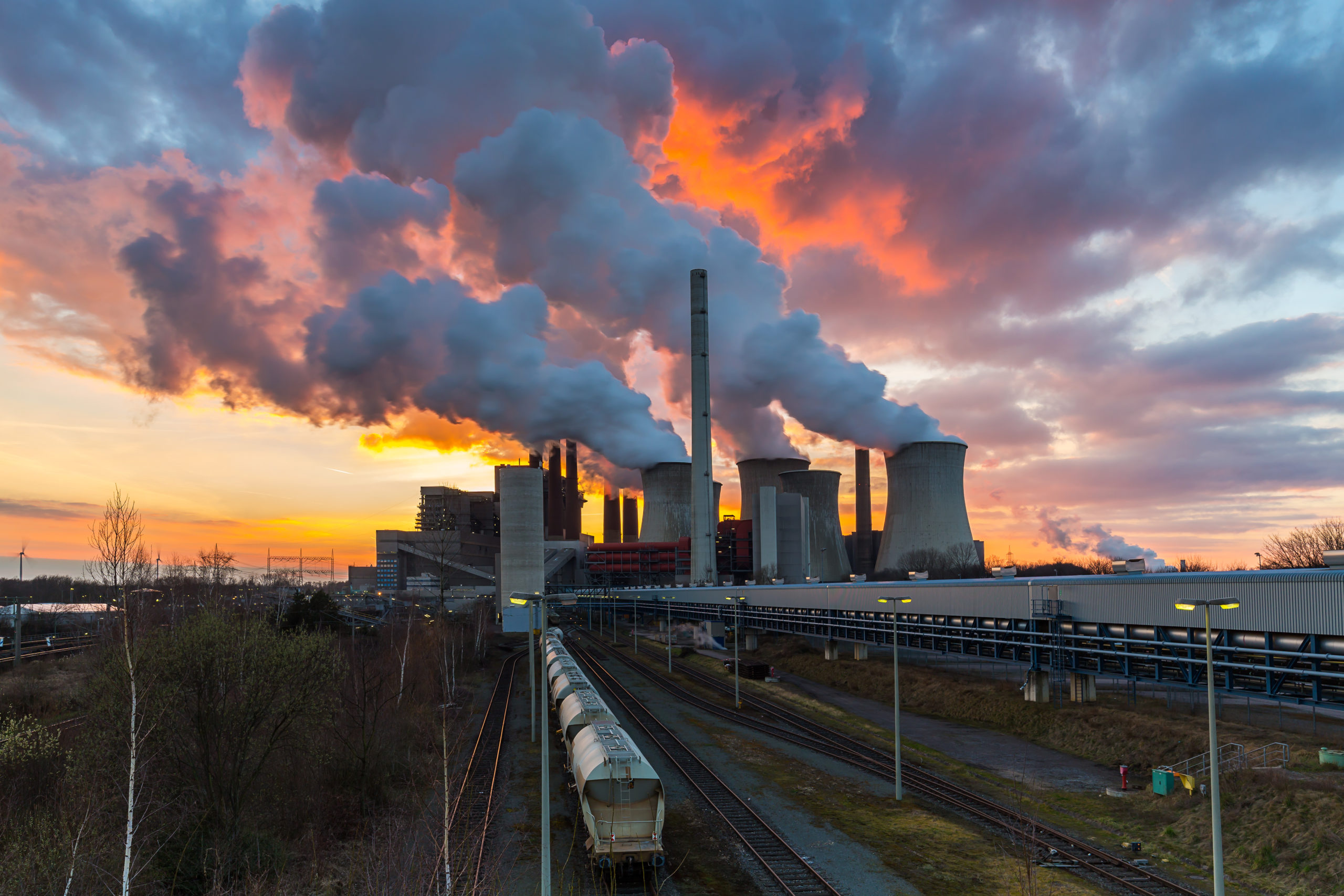
By Dr. Ellen Webborn, Research Associate at the UCL Energy Institute, London
We desperately need to decarbonise our energy systems, but how best to do that is often hotly debated. Nuclear and renewable energy such as wind and solar all offer low-carbon alternatives to fossil fuels. But they have very different characteristics and pros and cons.
With enough nuclear power would we actually need renewables? Nuclear can certainly provide a huge amount of energy and is a dominant power source in countries like France. But is it suitable worldwide? Is it dangerous? Expensive? With the increasing popularity of wind and solar farms, do we even need nuclear at all? How does nuclear and renewable power compare?
These are some of the questions addressed by Simon Clark in his latest video Why nuclear power will (and won’t) stop climate change – a brilliant deep dive into nuclear power, and the nuclear versus renewables decarbonisation debate.
If you’ve ever wondered
and would like the answers in a really fun, accessible, interesting video (with excellent use of clips from the Simpsons) then this is for you.
Having previously worked at National Grid (ESO) it was interesting to reflect on how a 100% renewable or nuclear system would have been viewed (at least a few years ago). In my experience, considering the needs of the grid is often overshadowed by big statistics like price per kWh and potential generation capacity.
Impact on system operation and stability are vital to consider when designing a future energy mix. Understanding and managing the interaction between physics, economics, and public opinion is one of the reasons why redesigning our energy systems is such a complex challenge.
This video does a great job of comparing nuclear and renewables on key metrics such as investment costs, lifetime carbon emissions, cost per kWh, stability, and suitability for the developing world (among others). It also goes into more technical (but no less accessible) topics such as baseload and how it’s changing, electricity system inertia, and flexibility.
Interestingly it also includes a potentially controversial – yet thought-provoking – discussion about how personal politics tends to correlate with our instinctive feelings and opinions about nuclear energy and renewables. Overall it comes across as a balanced, well-researched, accessible, and highly informative piece.
Watch the video on YouTube here:
This article has been adapted from a blog post on the author’s website.
Dr Ellen Webborn is a Research Associate at the UCL Energy Institute working on the Smart Energy Research Lab (SERL) project.